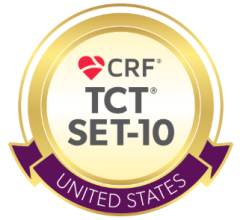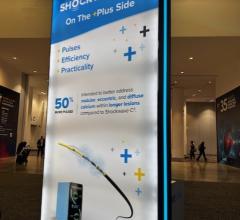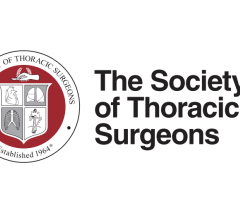
November 9, 2021 — Results from SUGAR trial, a randomized, controlled, multicenter trial conducted exclusively in patients with diabetes mellitus (DM) and with minimum exclusion criteria, found that amphilimus-eluting stents (AES) were superior to zotarolimus-eluting stents (ZES) with regard to target lesion and target vessel failure composite outcomes at one year.
Findings were reported today at TCT 2021, the 33rd annual scientific symposium of the Cardiovascular Research Foundation (CRF). TCT is the world’s premier educational meeting specializing in interventional cardiovascular medicine. The study was also published simultaneously in the European Heart Journal.[1]
A total of 463 million patients worldwide have diabetes and in the U.S., 38% of patients undergoing percutaneous coronary intervention (PCI) have diabetes, approximately 250,000 patients in 2019 alone. Patients with diabetes are at high risk of adverse events after revascularization with contemporary drug-eluting stents and the little evidence available for these patients suggests equivalence between most current stent types. AES are thin-strut stents eluting a formulation of sirolimus with an amphiphilic carrier from laser-dug wells on the stent’s surface that have shown positive results in previous studies in patients with diabetes.
A total of 1,175 patients with DM undergoing percutaneous revascularization at 23 hospitals in Spain were randomly assigned 1:1 to receive AES (n=586) or ZES (n=589). The study included all-comers and in the case of multi-vessel disease, all lesions were treated with the allocated stent. Baseline patient characteristics were similar among both groups.
The primary end point was target-lesion failure at one year which is a composite of cardiac death, target-vessel myocardial infarction (MI), and ischemia-driven target-lesion revascularization. AES met the criteria for noninferiority compared to ZES (7.2% versus 10.9%; risk difference, -3.73% [95% CI -7.01--0.45]; p <0.001) as well as superiority (HR 0.65, 95% CI 0.44-0.96, p=0.030). The cumulative incidence of cardiac death was 2.1% for AES and 2.7% for ZES (HR 0.75, 95% CI 0.36-1.59, p=0.452). In addition, target vessel MI was 5.3% for AES compared to 7.2% for ZES (HR 0.74, 95% CI 0.44-1.23, p=0.240) and target lesion revascularization was 2.4% for AES and 3.9% for ZES (HR 0.60, 95% CI 0.31-1.18, p=0.058).
Among the secondary endpoints, AES had a significantly lower rate of target vessel failure than ZES (7.5% versus 11.1%, HR 0.67 [95% CI 0.46-0.99], p=0.042), whereas probable or definite stent thrombosis (1.4% versus 1.4%, HR 1.00 [95% CI 0.38-2.67], p=0.994) and all-cause death (3.4% versus 5.0%, HR 0.69 [95% CI 0.39- 1.22], p=0.201) were similar in both groups.
“SUGAR is the first powered trial to compare new-generation drug-eluting stents in patients with diabetes, and also the first to include a broad population of patients with diabetes,” said Rafael Romaguera, M.D., Hospital de Bellvitge, Barcelona, Spain. “In patients with diabetes mellitus undergoing percutaneous revascularization, the study found that amphilimus-eluting stents were superior to Onyx-zotarolimus-eluting stents with a 35% reduction in the risk of target lesion failure at one year.”
The study was funded by the Spanish Society of Cardiology and the Spanish Heart Foundation. Romaguera reported the following disclosures: consulting fees/honoraria from Boston Scientific and Biotronik.
Links to All the TCT 2021 Late-Breaking Clinical Trials
Reference:


 October 31, 2025
October 31, 2025 









